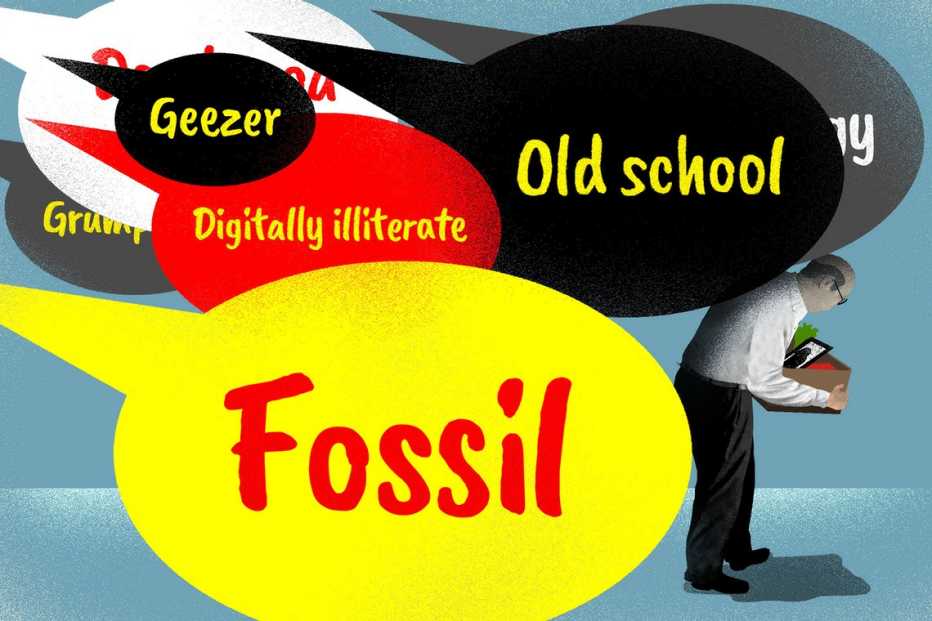AARP Hearing Center


When people think of age discrimination, they usually envision workers fired, denied promotions or never hired simply because of their age.
But what if it’s not your livelihood at stake, but more your professional identity and self-worth? What if you are bullied, made miserable or feel threatened by remarks or actions on the job that focus on your age?
Liz DiMarco Weinmann can tell you. She was in her 50s, working in Washington, D.C., for a public affairs company when, in a meeting with an important — and younger — client, she briefly forgot the name of a spokesperson. “This man started swearing and cursing at me and saying, ‘I am sick and tired of you not having your young staff here who really knows what’s going on,’ as if I were senile,” she recalls. “He took the papers that were in his hands and threw them at me from across the room.”
When Weinmann reported the episode to her manager, the boss compounded the outrage by telling her that if the company lost the account, it’d be because she couldn’t remember things. “It was totally despicable,” she recalls. “That experience was the closest I’ve ever come to thinking to myself that I would just roll up and never work again.”
Age harassment, whether it is deliberately or inadvertently hurtful language, is every bit as illegal as other forms of age discrimination. Yet verbal harassment isn’t taken as seriously. And it can be particularly difficult to get justice in the legal system if you are harassed.
“If you come home and say, ‘I’ve been accused of calling someone an ‘old fart,’ no one bats an eye,” says Michael Borrelli, an employment attorney with Borrelli & Associates in New York. “Older people are the forgotten group that no one cares about. As far as standing in society, they are totally discounted.”
Donna Ballman, an employment attorney in Fort Lauderdale, Florida, agrees. “Older people are getting targeted a lot” by hostile, inappropriate language, she notes.
The data supports that. According to a 2024 survey of 2,002 people age 50 and older, nearly two-thirds of older workers have seen or experienced age discrimination in the workplace, according to AARP research. Ninety percent of the respondents who said they saw or experienced age discrimination at work said the discrimination was common.



































































Special Report: Age Discrimination in America
Workplace Age Discrimination Still Flourishes in America
It's time to step up and stop the last acceptable bias
Age Bias That's Barred by Law Appears in Thousands of Job Listings
With the words they use, employers keep experienced workers from applying
Fighting Age Discrimination in the Courts
They fought against companies like Google and Ruby Tuesday, but justice was elusive and incomplete